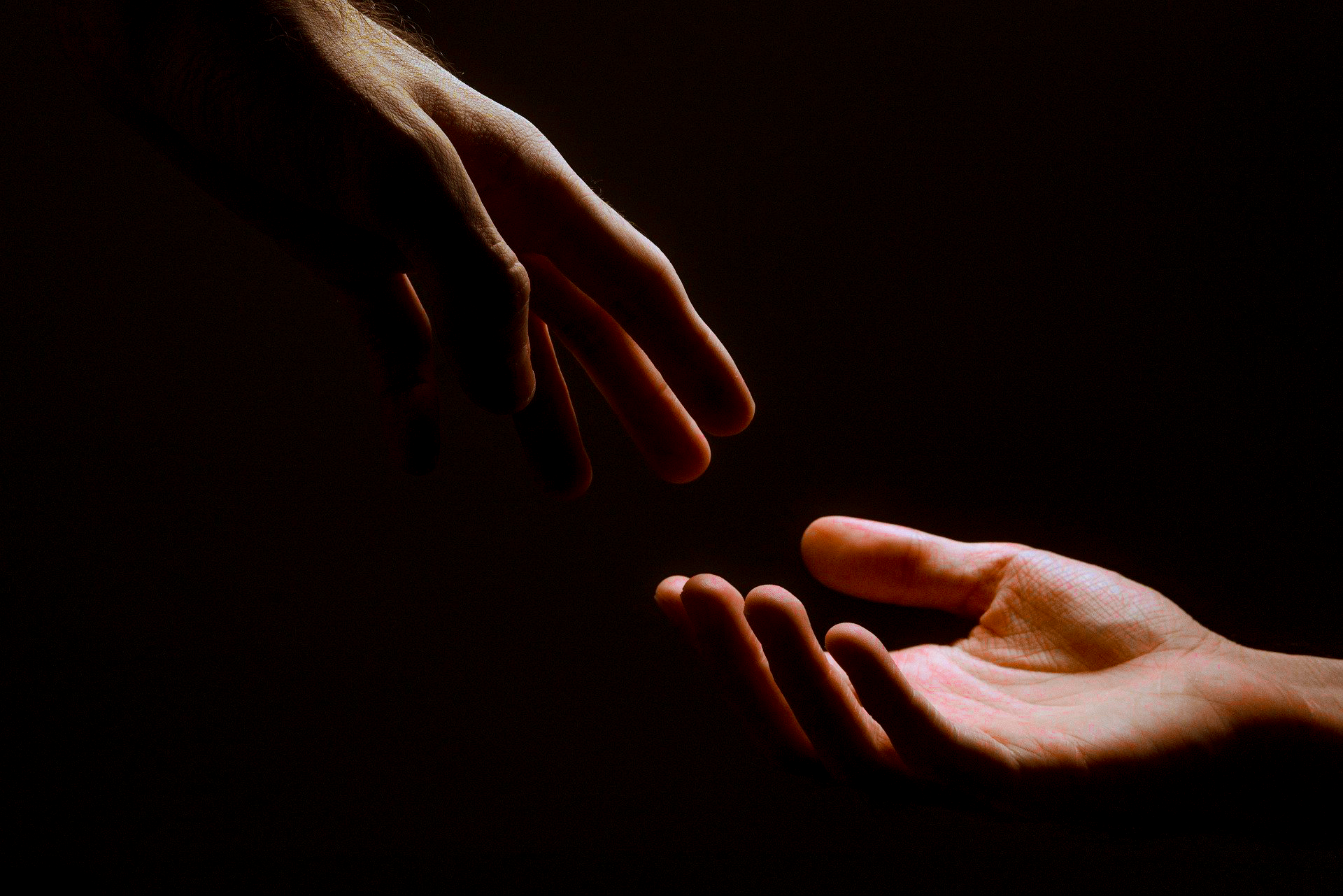Nine months ago, Botham Jean was murdered in his apartment by a police officer who claimed she thought she was in her own apartment. She mistook him for an intruder in her own home and shot him to death. However, what garnered additional controversy was Jean’s brother not only embracing Amber Guyger, the woman who murdered his brother, but forgiving her. To a great deal of people, Jean’s brother’s embrace of Guyger and the forgiveness he extended toward her was a shortcoming of his faith. He forgave her too fast and was the latest case in the tradition of Black people to forgive out of obligation – really out of habit so as not to be perceived as angry or combative. That was the perception to some, but what I perceived was a man moved by God with compassion and love to forgive, a man who extended to Amber Guyger the same grace that God extends time and time again to us. The assumption with this particular act of forgiveness is that because he forgave her, that made his brother’s death justifiable, that all was forgiven because he gave his brother’s killer a hug. He extended to her love and not hate, which is an immense burden to bear. But what is often forgotten is that forgiveness is not entirely about the other person. Yes, forgiveness only presents itself when someone has wronged you. But forgiveness is about you. It is a choice, it is a journey and it is an exercise in freeing one’s mind, one’s heart and letting go – trading in pain for peace. I’m leaving this here, but I will be back.
Now, here we are almost two weeks after the death of George Floyd, two months after Breonna Taylor died and almost four months after the death of Ahmaud Arbery. However, this time we are being urged to forgive, which makes this a situation quite different from the one above. Botham Jean’s brother was moved to forgive out of compassion, out of faith and out of love – it was an admirable choice, one accompanied by great strength. Conversely, in our current climate, there are voices that are not only urging us to forgive, but they are demanding we forgive because it is the Christian thing to do and are not doing so to encourage us and to ensure that we, Christian folk, remain true to the Word and obedient to God. They’re making an attempt to invoke God, to critique the fact that we are grieving and seeking justice for George Floyd when they don’t care about George Floyd. These voices, with their plea that we forgive, are tacitly asking us to be quiet, to stop writing letters, stop protesting and really, to just move on. They are asking us to forgive and stop all that we are doing that draws attention to their complicity in the death of George Floyd and so many other Black bodies. It, for them, is not about injustice, it is about exposure and right now, we’re making them look bad. So what can they do to make us stop? Urge us to forgive, to remind us that God would want us to forgive – as if it is something we don’t know, as if protesting and fighting for injustice is diametrically opposed to forgiveness. As if the same Word that instructs us to forgive does not also instruct us to stand up for what is right, to hate that which is evil and cling to that which is good.
But since forgiveness was brought up, how can we forgive when there’s been no apology? I mean, oftentimes there are moments when we have to move on, forgive others without the benefit of an apology, without them reconciling their wrongdoings. But this is not one of those times where we can so easily pick ourselves up by our own bootstraps because we realize someone in our life is toxic and no longer good for us. We are talking about 400+ years of enslavement, imprisonment, abandonment and injustice. Forgiving is the Christian thing to do but so is repentance – so is reckoning with one’s sins and seeking atonement for those sins.
You can’t force forgivenes. It Iis reliant solely on the individual(s) that has suffered, but more importantly, it is not something that can ever be forced, as that would defeat its entire purpose. Not to mention, forcing people to forgive is insensitive in light of the fact that there has been no attempt at an apology – when those that have been offended and in our case, oppressed, mutilated, and murdered, are still experiencing violence. Forgiveness, assuming there is an apology, comes after an act is completed. But White supremacists are not finished. Every week, there is a new murder, a new case of police brutality. So how can we even begin to talk about forgiveness, about forcing us to forgive when the violence and oppression is not finished?
I am not taking issue with the fact that forgiveness was even brought up in our current climate. I take issue with the fact that we are being told to forgive as if we are belaboring our point, as if we have no reason to pursue justice, as if our pain is all for nought. We are being asked to move on as if this is just about George Floyd, not that that would be any easier of a pill to swallow, when we know it is about so much more than that.
In Matthew 7, there is a parable about a moat and a beam. In this parable, Jesus warns against judging others because it is ultimately by the same measure that we will be judged. More related to my point is the 7th verse:
And why beholdest thou the mote that is in thy brother’s eye, but considerest not the beam that is in thine own eye?
What Jesus is asking and ultimately reminding us is that we cannot be so quick to point out what we believe to be wrong with someone else when we, ourselves, have issues to grapple with, and to overcome. For our purposes, this rush to forgiveness by these voices is the mote they believe is in our eye. But the beam in their eyes that they are intentionally ignoring and have no interest in removing is racism, is police brutality, is the very fact that they believe what will bring us any closer to a resolution is solely our forgiveness – the belief that we are the problem and the solution when we are, in fact, neither.







